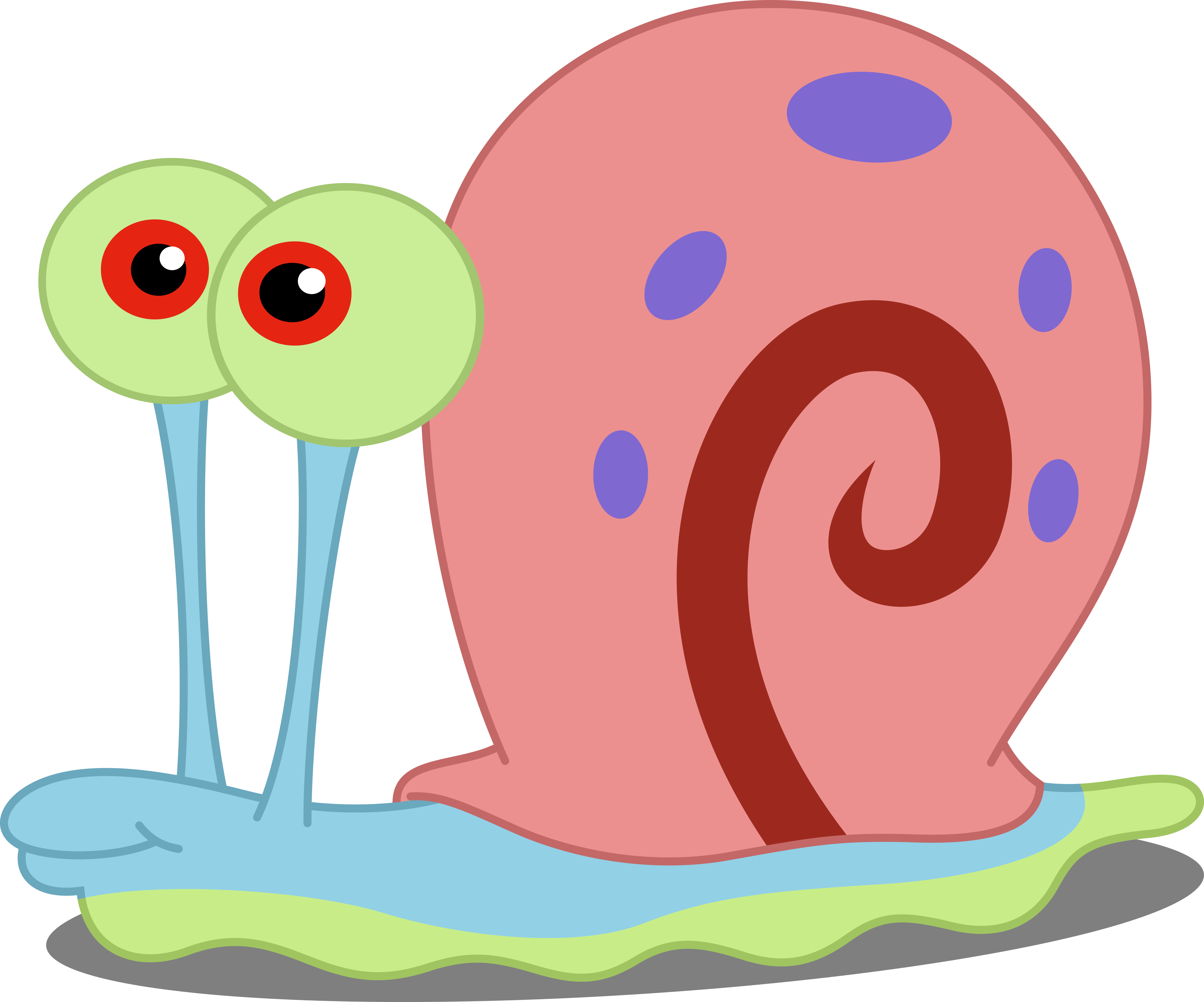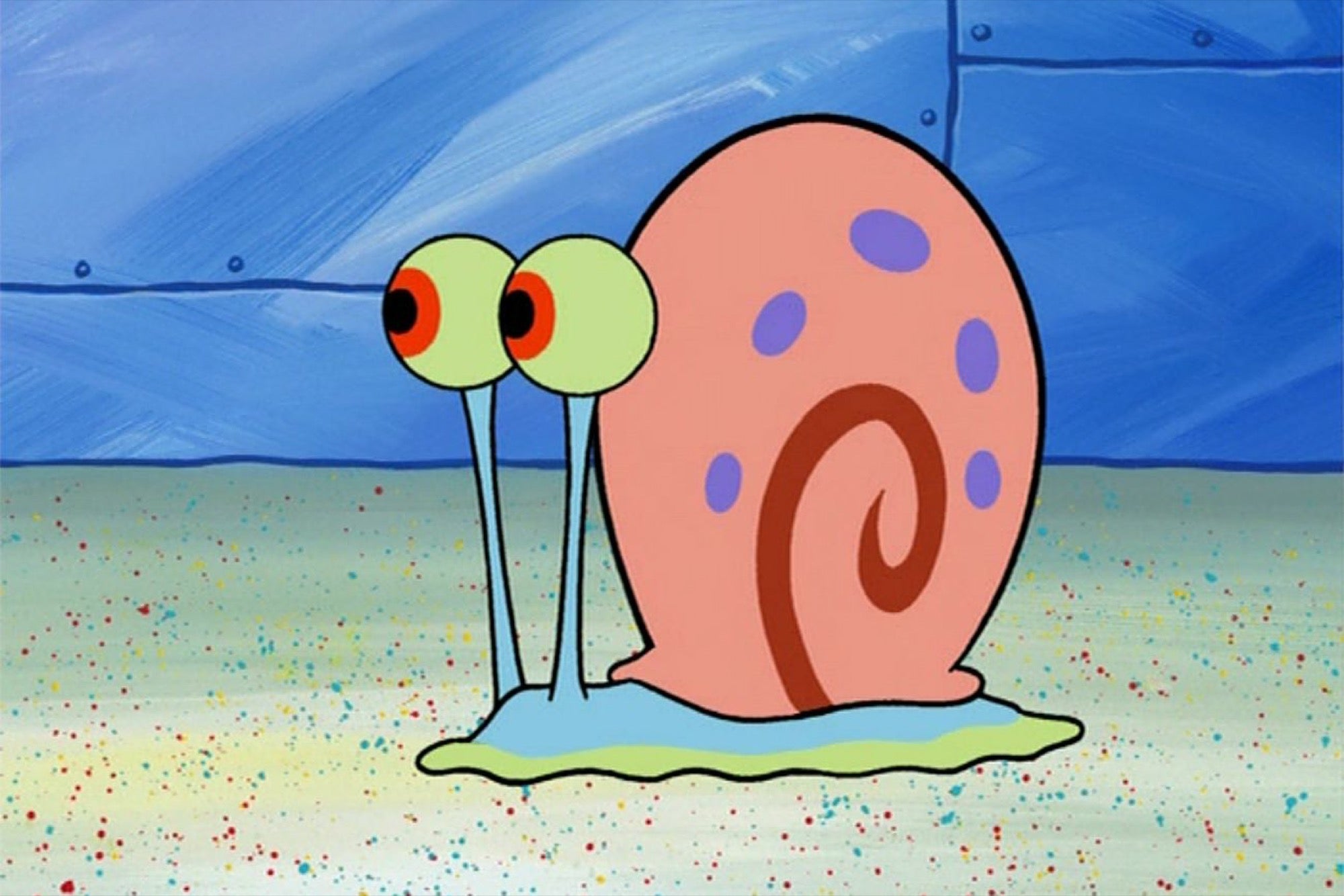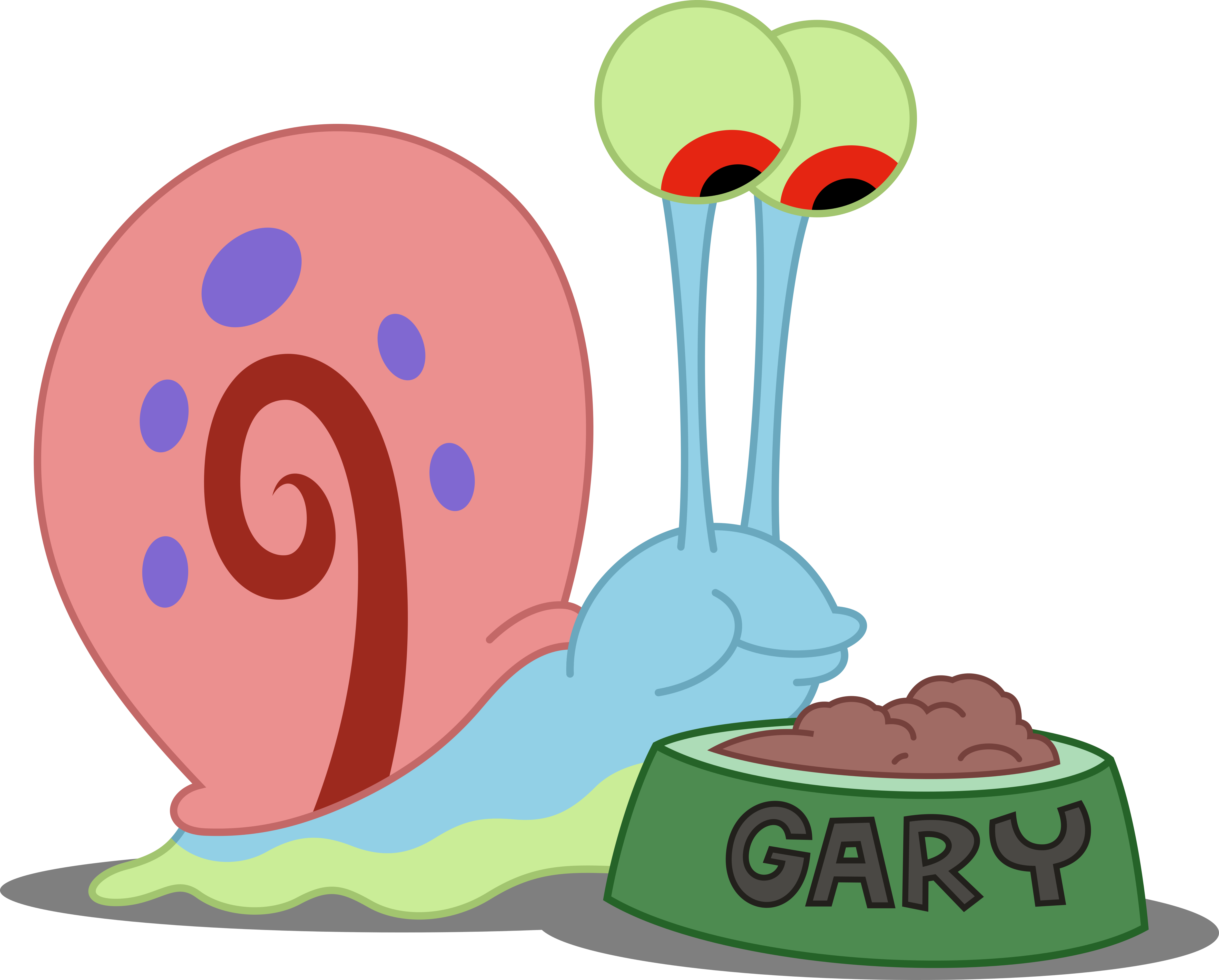It's a question that pops up quite a bit, so it seems, when folks talk about famous figures: "Is Gary Player a US citizen?" This kind of curiosity about where well-known people call home is, you know, really natural. People often wonder about the background of individuals who have made a big mark, especially in sports, and that includes the legendary golfer Gary Player. There's a lot to unpack when we think about names and places, and how those connections can sometimes lead to questions about someone's national identity, which is, actually, a pretty interesting thought.
The name "Gary" itself, you might find, has a rather distinct feel, and for many, it brings to mind certain images or places, particularly here in the United States. This can, in a way, lead to assumptions or at least prompt questions about anyone bearing that name, especially if they are globally recognized. So, when someone asks about Gary Player's citizenship, it's not just about the golfer; it's also, perhaps, about the associations people make with the name "Gary" itself, you know, and what that name might suggest to them.
We're going to take a closer look at this question, not by directly stating Gary Player's citizenship, as that's, quite frankly, outside the scope of what we're discussing here today. Instead, we'll explore why this question might come up so often, looking at the origins of the name "Gary" and, too, the famous American city that shares this name. It's an exploration of how names and places can intertwine in our minds, leading to intriguing inquiries about public figures, which is, in some respects, a fascinating part of how we perceive the world.
Table of Contents
- The Question: Is Gary Player a US Citizen?
- Understanding the Name "Gary": Beyond the Golfer
- Why the Curiosity About Gary Player's Citizenship?
- People Also Ask
- Conclusion
The Question: Is Gary Player a US Citizen?
The query "is Gary Player a US citizen" is, for many, a very straightforward one, yet the answer, or rather, the context around it, is a bit more involved than you might first think. People often associate the name "Gary" with the United States, perhaps because of its common usage here or, you know, because of a well-known place. This association can naturally lead to questions about the nationality of someone famous who carries that name, so it seems quite reasonable to wonder.
The Name "Gary" and its American Connections
The name "Gary" is, in a way, very familiar to English speakers, especially in places like the United States. It's a masculine given name, and its sound just feels, you know, quite American to many ears. This commonness, this sense of being a part of the local fabric, can sometimes make people assume a connection where there might not be one directly tied to a person's birth country. So, the name itself, in some respects, plays a role in why this question about citizenship often comes up.
It's interesting, too, how names travel and become popular in different places. The name "Gary" is likely derived, you see, from the Norman French name "Geiree." That name, in turn, descended from an older Frankish name, "Geiserich." This historical journey of a name, from ancient roots to modern usage, shows how complex and, arguably, how global the origins of seemingly common names can be. It's not always as simple as it appears on the surface, which is, actually, a good thing to remember.
Gary, Indiana: A City's Story
Perhaps the strongest American connection for the name "Gary" comes from a very real place: the city of Gary, Indiana. This city, located in Lake County, Indiana, in the extreme northwest of the state, is, in a way, quite significant. It lies right at the southern end of Lake Michigan, just about 25 miles (40 km) from downtown Chicago, Illinois. This geographical closeness to a major hub makes it, you know, a recognizable spot on the map for many people, and that's important to note.
The city of Gary has, you know, a rather rich and also, at times, a very challenging history. It was founded in 1906, named for Elbert H. Gary, who was a prominent figure in the steel industry. For a long time, it was a really prosperous steel town, a place of industry and growth, which is, in some respects, a testament to its past. But decades later, as many know, it has become, sadly, a desolate ghost town for many, with its population declining significantly. This dramatic change is, basically, a well-known part of its narrative, and it's something people often remember about it.
The decline of Gary, Indiana, is a story of changing times. Overseas competition and, too, a restructuring of the steel industry led to a massive population loss, something like 55% since its peak in the 1960s. This transformation from a bustling industrial center to a place with abandoned buildings and a much smaller population is, frankly, a striking example of economic shifts. It's a city that, in a way, holds a lot of history and, also, a lot of lessons about industry and community, which is, actually, quite thought-provoking.
Despite its challenges, the city of Gary is still, you know, recognized for some very notable things. It's widely known for its steel mills, which were, of course, its original foundation. But it's also, very famously, the birthplace of some truly iconic individuals. For instance, singer Michael Jackson, a global music legend, was born there. And, too, former astronaut Frank Borman, who commanded Apollo 8, also hails from Gary. These famous connections, you know, further cement the city's place in American culture, making the name "Gary" strongly associated with the USA.
| Detail | Description |
|---|---|
| Location | Lake County, Indiana, USA |
| Proximity to Major City | 25 miles (40 km) from downtown Chicago, Illinois |
| Founding Year | 1906 |
| Named For | Elbert H. Gary |
| Historical Industry | Steel mills |
| Population Trend | Significant decline (55% since 1960s peak) |
| Notable Residents | Michael Jackson (singer), Frank Borman (former astronaut) |
Understanding the Name "Gary": Beyond the Golfer
When we talk about "Gary," it's easy to immediately think of a specific person, especially if you're a golf fan. But the name itself, you know, has a much broader story, one that goes back a long way and has spread across different cultures. Understanding this wider context of the name "Gary" helps us see why questions about someone's origin, like Gary Player's citizenship, might come up. It's, in some respects, about the general human tendency to connect names with places we know, which is, actually, quite common.
The Origins of a Common Name
The name "Gary" is, basically, an English language masculine given name, and it's been around for quite a while. Its roots, you see, are rather old. It's thought to have come from the Norman French name "Geiree." This "Geiree" itself, in turn, is descended from an even older name, the Old Frankish name "Geiserich." This "Geiserich" was, apparently, composed of parts that suggest a rich history, though the specific meaning isn't detailed here. This journey of a name, from ancient Frankish tribes to modern English-speaking countries, shows how names evolve and travel over centuries, which is, in a way, a very cool thing to think about.
So, while "Gary" feels very familiar today, especially in English-speaking parts of the world, its true beginnings are, you know, quite European and historically deep. This background means that someone named "Gary" could, very easily, come from almost anywhere, not just the United States. It's a name that has, in some respects, become global in its reach, even if it has a strong presence in certain regions. This global spread, you know, adds a layer of complexity to assuming someone's nationality just by their given name, which is, actually, a pretty important point.
Gary, Indiana: A City with a Story
The city of Gary in Indiana, USA, is, quite frankly, a really important part of why the name "Gary" has such a strong American association for many people. This city, you know, has a very distinct identity and a history that is, basically, intertwined with the industrial growth of the United States. It was founded with a purpose, to serve the booming steel industry, and for many years, it was a symbol of American manufacturing might, which is, in a way, quite significant.
In its prime, the city of Gary was, you know, a really prosperous steel town. It was a place where many people found work and built lives, contributing to the nation's industrial output. However, as we've discussed, the economic landscape changed dramatically. Overseas competition and, too, major restructuring within the industry meant that the city faced immense challenges. Its population, sadly, began to decline sharply, with over half its residents leaving since its peak in the 1960s. This decline, in some respects, transformed parts of it into what many now describe as a desolate ghost town, which is, actually, a very stark image.
Despite these difficulties, Gary, Indiana, still holds a place in the American consciousness. It's adjacent to the, you know, broader Chicago metropolitan area, making it geographically notable. And, of course, its connection to famous figures like Michael Jackson and Frank Borman means that the name "Gary" isn't just a common given name; it's also, very much, linked to a specific American place with a rich, if sometimes tough, story. This strong regional identity, you see, contributes a lot to why people might, perhaps, connect the name "Gary" with the USA in their minds, and that's something worth thinking about.
To learn more about the history of American industrial cities, you might want to explore resources like the National Park Service's historical articles on industry. It's, in a way, a good way to get a broader perspective on how places like Gary came to be, and what they represent, which is, actually, quite informative.
Why the Curiosity About Gary Player's Citizenship?
The question about Gary Player's citizenship, while seemingly simple, is, you know, a really good example of how public figures, their names, and common geographical associations can lead to interesting inquiries. People are, basically, curious about where celebrities come from, their roots, and what country they represent, and this is, in some respects, very natural. It's part of how we try to understand the people we admire or follow in the news, which is, actually, a pretty universal human trait.
Connecting the Dots: Name, City, and Public Interest
When someone hears the name "Gary," especially in the United States, there's a strong chance their mind might, perhaps, drift to the city of Gary, Indiana. This city, as we've discussed, has a very distinct American identity, tied to its industrial past and, too, its famous residents. So, if a globally recognized figure like Gary Player has that name, it's not, you know, a huge leap for someone to wonder if there's a connection to the US, either through birth or citizenship. It's a logical chain of thought for many, which is, in a way, understandable.
The prevalence of the name "Gary" in English-speaking countries, combined with the notable American city, creates a kind of mental shortcut. People might, basically, assume a US origin for anyone with that name, especially if they haven't specifically learned about the person's actual background. This is, you know, just how our minds work sometimes, making connections based on familiar information. It's a common phenomenon with names that are popular in multiple regions, which is, actually, quite fascinating.
Ultimately, the curiosity about Gary Player's citizenship isn't just about him; it's also, perhaps, about how we process information and form perceptions based on names and places we know. It highlights how a seemingly simple question can, in some respects, open up a broader discussion about etymology, geography, and public perception. You can learn more about names and their origins on our site, and also explore more about famous cities and their histories right here, which is, actually, a good next step.
People Also Ask
Here are some other questions people often wonder about when thinking about the name "Gary" and its connections:
Is Gary Player connected to the city of Gary, Indiana?
Well, the name "Gary" is shared by the famous golfer and the city in Indiana. However, the city of Gary in Indiana was named for Elbert H. Gary, a figure from the steel industry, back in 1906. There's, you know, no direct link implied between the golfer Gary Player and the naming or history of this particular American city based on the information we've discussed here. The common name just leads to a natural question, which is, actually, quite common.
What is the origin of the name Gary?
The name "Gary" is, in a way, an English language masculine given name. It's thought to be derived from the Norman French name "Geiree." That "Geiree" itself, you see, came from an even older name, the Old Frankish name "Geiserich." So, its roots are, basically, quite ancient and European, which is, actually, a pretty interesting bit of history for a name that feels so modern and, perhaps, American to many.
Are there famous people named Gary from the USA?
Yes, absolutely! The city of Gary, Indiana, itself is, you know, famously the birthplace of some very well-known American figures. For example, the incredibly famous singer Michael Jackson was born there. And, too, former astronaut Frank Borman, who commanded Apollo 8, also comes from Gary. So, while the name "Gary" has broader origins, there are, in some respects, very strong and notable American connections through the city and its famous residents, which is, actually, quite clear.
Conclusion
Thinking about the question "is Gary Player a US citizen" really shows how our minds connect names with places and, too, with people we know. The name "Gary," while having ancient European roots, has a strong presence in the United States, especially because of the city of Gary, Indiana, and its rich history. This city, with its industrial past and its famous sons, creates a natural association for many. So, it's, you know, completely understandable why someone might wonder about the nationality of a globally recognized person who shares that name. It's a fascinating example of how language, geography, and public perception often intertwine in our everyday thoughts.



